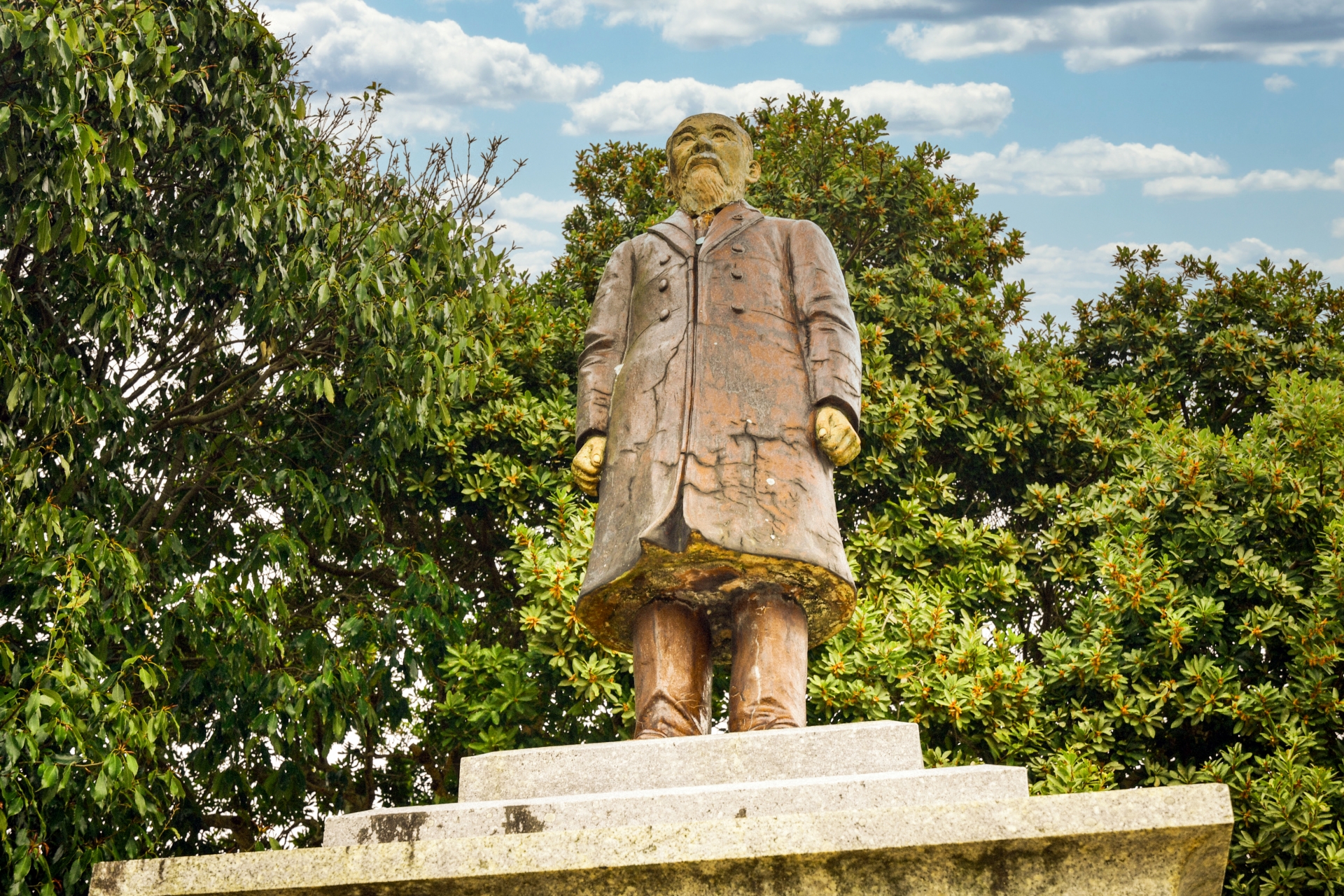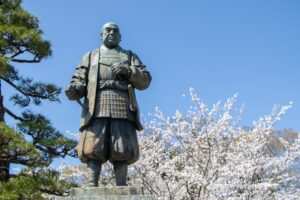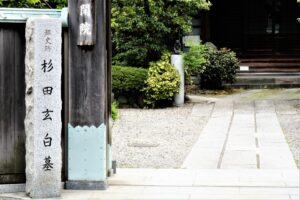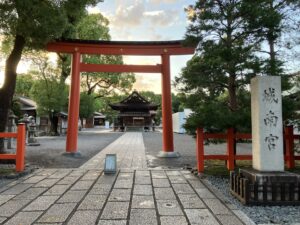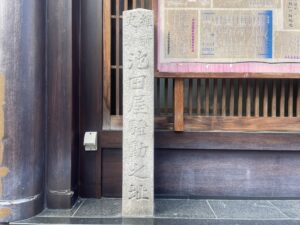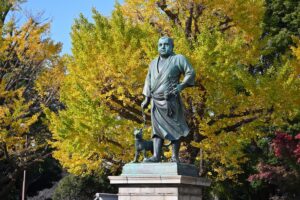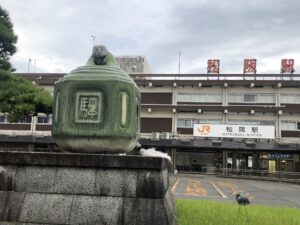Ito Hirobumi was a towering figure in Japan’s Meiji era—a statesman who helped shape modern Japan and its imperial ambitions. Yet, his death was violent and symbolic. On October 26, 1909, at the Harbin railway station in northeastern China, Ito was gunned down by a Korean independence activist, Ahn Jung-geun. This article explores the detailed circumstances of Ito’s assassination, the political tensions between Japan and Korea, and the broader historical consequences of his death.
The Life and Legacy of Ito Hirobumi
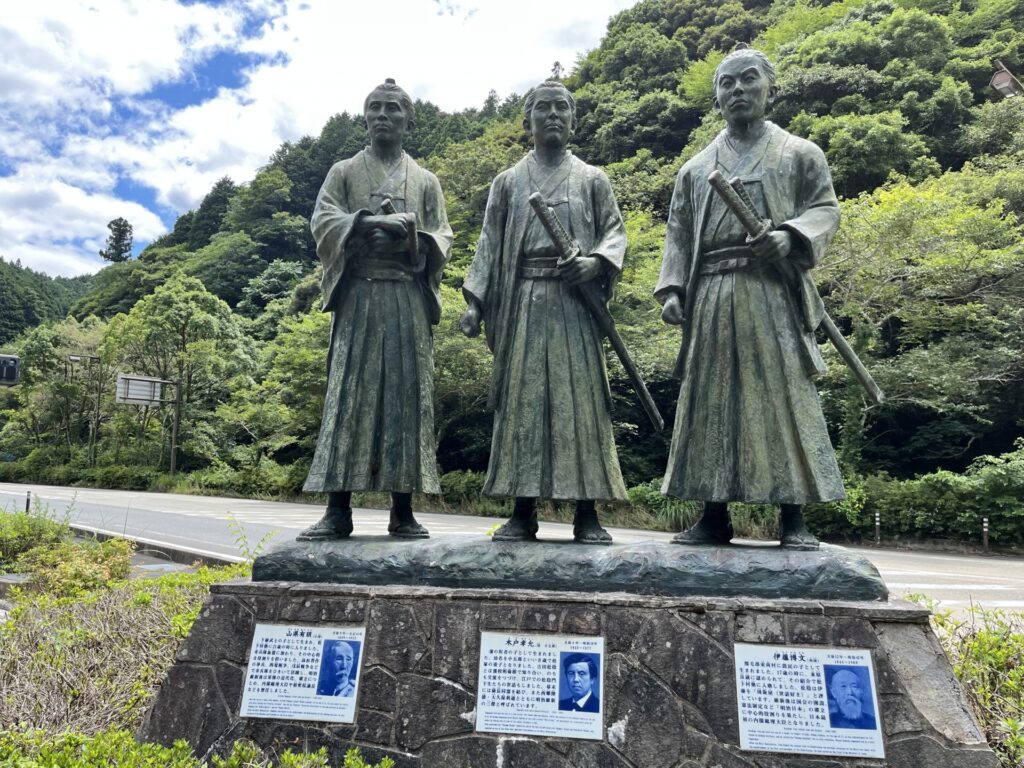
Ito Hirobumi (1841–1909) was one of the most influential architects of modern Japan. As a statesman during the Meiji period, Ito played a central role in Japan’s transformation from a feudal society into a constitutional monarchy and emerging imperial power. He was a founding father of the Meiji Constitution of 1889 and served four terms as Japan’s Prime Minister—the first person to ever hold the office. Educated in the West, Ito was deeply influenced by European governance models, especially those of Prussia and Britain.
Beyond his domestic achievements, Ito became deeply involved in Japan’s foreign policy and imperial expansion. In 1905, following Japan’s victory in the Russo-Japanese War, Ito was appointed Resident-General of Korea, a post that made him the de facto ruler of the Korean Peninsula under Japanese suzerainty. His administration in Korea was marked by increasing Japanese control, leading to widespread resentment among Koreans. By the time of his assassination in 1909, Ito had become a symbol of Japanese imperialism, viewed by many Koreans as the mastermind behind their nation’s subjugation.

Why Was Ito Hirobumi in Harbin?
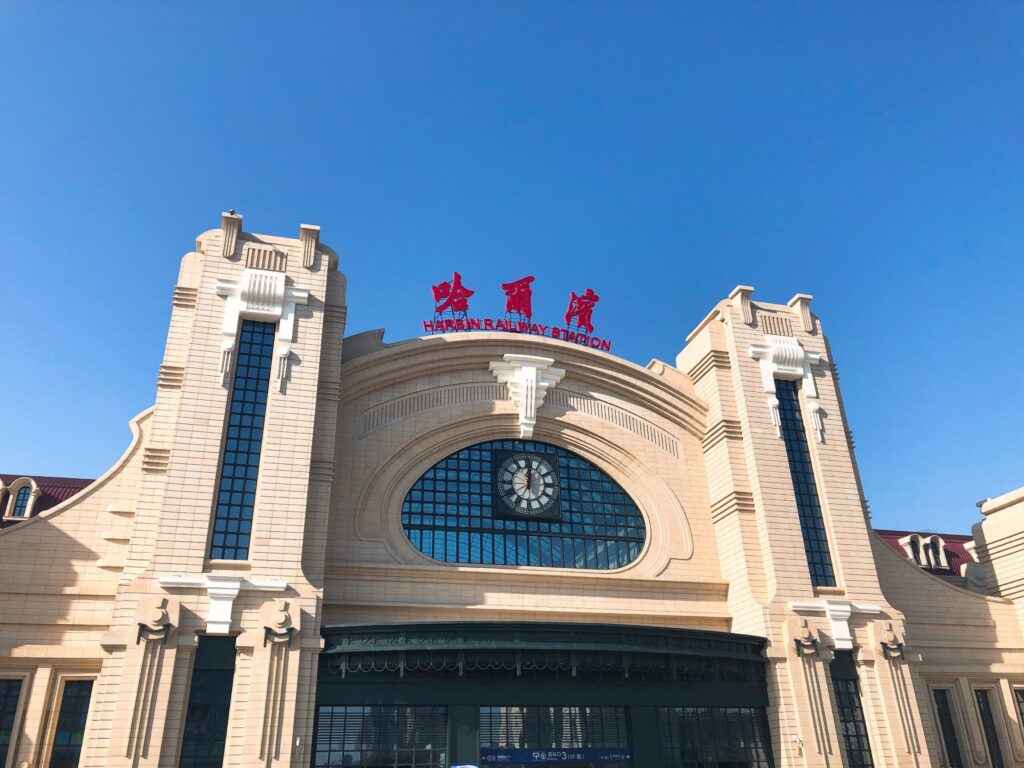
Ito Hirobumi traveled to Harbin, a major railway hub in northeastern China, to attend a scheduled diplomatic meeting with Russian representatives, including the Russian Finance Minister Vladimir Kokovtsov. The date was October 26, 1909. The geopolitical backdrop of this meeting was the delicate post-Russo-Japanese War order in Manchuria, where both Japan and Russia were vying for influence.
Ito was not only attempting to manage Japan’s expanding empire but also to solidify its status as a major player in international politics. Harbin, located within the Russian sphere of influence at the time, served as a strategic location to discuss matters of regional security, economic collaboration, and mutual interests in Manchuria. His presence there was purely diplomatic, part of ongoing negotiations between two imperial powers with overlapping ambitions in Northeast Asia.
The Assassination at Harbin Station
On the morning of October 26, 1909, Ito Hirobumi arrived at Harbin Railway Station, surrounded by Japanese officials and Russian hosts. As he stepped onto the platform to greet Kokovtsov, a young Korean man, Ahn Jung-geun, emerged from the crowd and fired multiple shots from a pistol at close range. Ito was hit several times, including a fatal shot to the stomach. He died shortly after from his wounds.
The assassination was carried out with precision and premeditation. Witnesses reported hearing three or four gunshots in quick succession. Russian soldiers immediately tackled and detained Ahn, who did not attempt to flee. In his possession were documents explaining his motives, and he immediately confessed to the assassination, declaring it an act of justice for the Korean people. The scene at the station was one of chaos, with Japanese and Russian officials stunned by the political and diplomatic implications.
Who Was Ahn Jung-geun?
Ahn Jung-geun was a Korean independence activist and nationalist, born in 1879 during the declining years of the Joseon Dynasty. A devout Catholic and former teacher, Ahn became increasingly involved in anti-Japanese resistance following the 1905 Eulsa Treaty, which effectively turned Korea into a Japanese protectorate. He joined the Righteous Army, a group of Korean guerrilla fighters opposing Japanese occupation.
Ahn believed in Pan-Asian solidarity among Korea, China, and Japan, and viewed Ito Hirobumi as a betrayer of that vision. In Ahn’s mind, Ito had systematically dismantled Korean sovereignty, violated Asian unity, and facilitated Japanese imperialism. Ahn meticulously planned the assassination to coincide with Ito’s visit to Harbin, considering it both a political statement and a patriotic act. He hoped the event would awaken the international community to Korea’s plight.
The Political Tensions Behind the Assassination
The assassination of Ito Hirobumi cannot be understood without examining the broader political tensions between Japan and Korea. The pivotal moment came in 1905 with the signing of the Eulsa Treaty, which was forced upon Korea and made it a Japanese protectorate. Ito played a central role in orchestrating this treaty, undermining the Korean monarchy and initiating an era of direct Japanese control.
To many Koreans, Ito was not only the symbol but the executor of imperial domination. His governance as Resident-General involved suppressing Korean dissent, exerting economic control, and paving the way for full annexation. The international community, while noting Japan’s rising power, largely turned a blind eye to Korean protests. Within this climate of political oppression and limited global sympathy, Ahn Jung-geun’s decision to assassinate Ito emerged as a radical yet calculated response to colonial subjugation.
Global Reactions and Historical Impact
The assassination of Ito Hirobumi sent shockwaves across the world. In Russia, where the killing took place, officials were stunned and immediately launched an investigation. Russia cooperated with Japan in detaining and trying Ahn Jung-geun, reflecting the complex interplay of diplomacy and imperial rivalry in the region. In China, the event added tension to already fraught Sino-Japanese relations, while in the United States, newspapers reported the incident with fascination and ambiguity, often framing it within the larger narrative of “the East” in turmoil.
Japan responded with both grief and determination. Ito’s death accelerated the already ongoing plans for the full annexation of Korea, which was officially realized in 1910. Many historians believe that Ito, had he lived, may have advocated a more moderate approach compared to the hardliners who succeeded him. Thus, his assassination arguably removed the last significant Japanese voice urging caution in colonial policy.
Emperor Meiji’s Reaction to the Assassination
Emperor Meiji was reportedly deeply shocked by Ito Hirobumi’s assassination. As a trusted advisor and close confidant, Ito had long held the Emperor’s favor. Historical records suggest that the Emperor entered a period of mourning and ordered official ceremonies to honor Ito’s legacy. While public statements were limited, the political significance of Ito’s role in shaping Meiji Japan and its imperial trajectory was profound.
Ito’s death created a power vacuum in Korea policy. Without Ito’s comparatively measured influence, the Japanese government leaned more decisively toward full annexation, viewing Ahn’s act not as a sign of Korean resistance to be negotiated with, but as further justification for colonial consolidation.
Ahn Jung-geun’s Trial and Execution
Following his arrest, Ahn Jung-geun was tried by a Japanese military tribunal in Lushun (Port Arthur). Throughout the proceedings, he defended his actions as morally and politically justified, asserting that Ito was guilty of “crimes against Korea.” Ahn used the trial as a platform to articulate his belief in justice, Asian cooperation, and national independence.
Ahn’s writings from prison, including his unfinished essay “On Peace in East Asia,” reflect a sophisticated political philosophy. He argued that his actions were not criminal but patriotic. On March 26, 1910, Ahn was executed by hanging. His final words reportedly called for peace among Asian nations and liberation for the Korean people. Today, these words are inscribed on monuments and memorials across South Korea.
Contested Legacies: Hero or Tyrant?
The legacy of Ito Hirobumi remains hotly debated. In Japan, he is largely celebrated as a national modernizer—a key figure who helped craft Japan’s constitution, strengthen its institutions, and lead it to international prominence. Monuments to Ito can still be found across Japan, and he is often presented in history textbooks as a visionary statesman.
In stark contrast, Korea remembers Ito as a symbol of oppression and colonial brutality. His role in eroding Korean sovereignty and engineering Japanese domination has made him a villain in Korean historical memory. This dichotomy reflects broader tensions in Japan-Korea relations, where shared history remains a source of diplomatic friction.
| Country | View of Ito Hirobumi | Legacy Summary |
| Japan | Modernizer and statesman | Architect of Meiji reform and constitution |
| South Korea | Oppressor and colonizer | Enforcer of Japanese imperial rule in Korea |
| China | Cautiously critical | Symbol of Japanese encroachment in Manchuria |
| U.S./West | Mixed/neutral | Recognized as a political figure in Asia’s rise |
Ahn Jung-geun: Hero, Terrorist, or Martyr?
Ahn Jung-geun’s legacy is equally complex. In South Korea, he is revered as a national hero—a symbol of resistance, sacrifice, and unwavering patriotism. Schools, museums, and even currency commemorate his actions. His writings are taught as expressions of Korea’s historical struggle for autonomy.
In Japan, however, Ahn was long portrayed as a terrorist. Yet, in more recent years, some Japanese intellectuals and citizens have reevaluated his motivations, acknowledging the sincerity and philosophical depth of his beliefs. Internationally, Ahn is often viewed with curiosity and respect as a principled figure who acted against imperialism.
Additional Context and Timeline
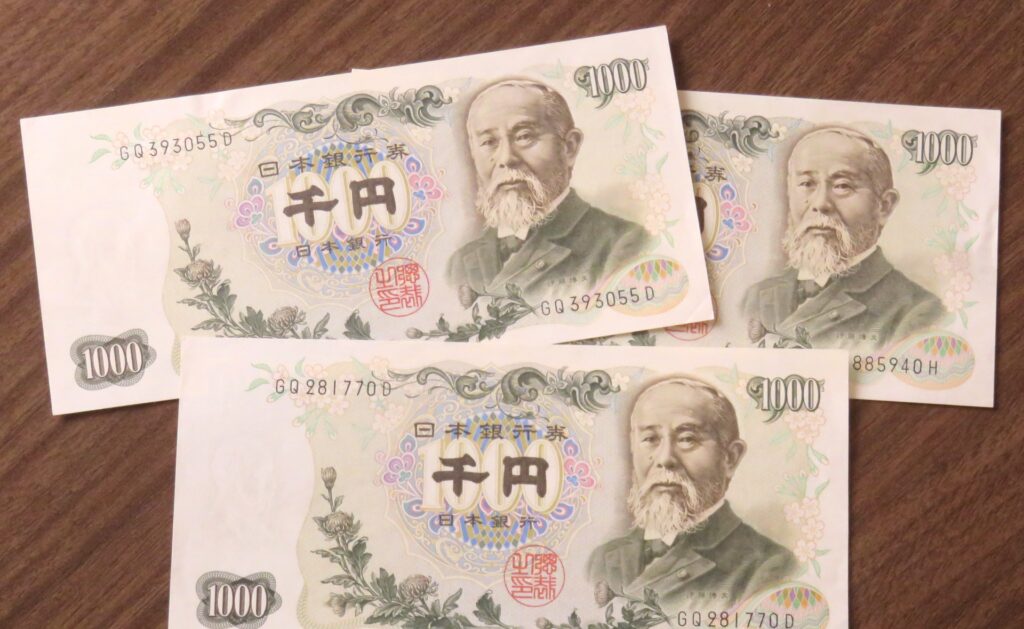
The following timeline outlines key events leading up to and following Ito Hirobumi’s assassination:
- 1905: Eulsa Treaty signed, Korea becomes a Japanese protectorate.
- 1906: Ito appointed as the first Resident-General of Korea.
- 1907: Emperor Gojong forced to abdicate under Japanese pressure.
- 1909 (Oct 26): Ito Hirobumi assassinated by Ahn Jung-geun at Harbin.
- 1910 (Mar 26): Ahn Jung-geun executed by Japanese authorities.
- 1910 (Aug 22): Japan formally annexes Korea.
(Visual timeline chart placeholder)
Conclusion: A Death That Shaped East Asian History
Ito Hirobumi’s assassination was more than a personal tragedy; it was a turning point in East Asian history. As a leading architect of modern Japan, his death underscored the intensifying resistance to imperial expansion. For Koreans, it symbolized a desperate yet dignified protest against subjugation. For Japan, it catalyzed a shift toward more aggressive colonial policy.
Ahn Jung-geun’s act continues to evoke powerful emotions across Asia, serving as a lens through which national identity, memory, and justice are debated. Understanding this event—and the figures involved—offers critical insights into the lingering legacies of empire, resistance, and historical interpretation that still shape East Asian geopolitics today.

